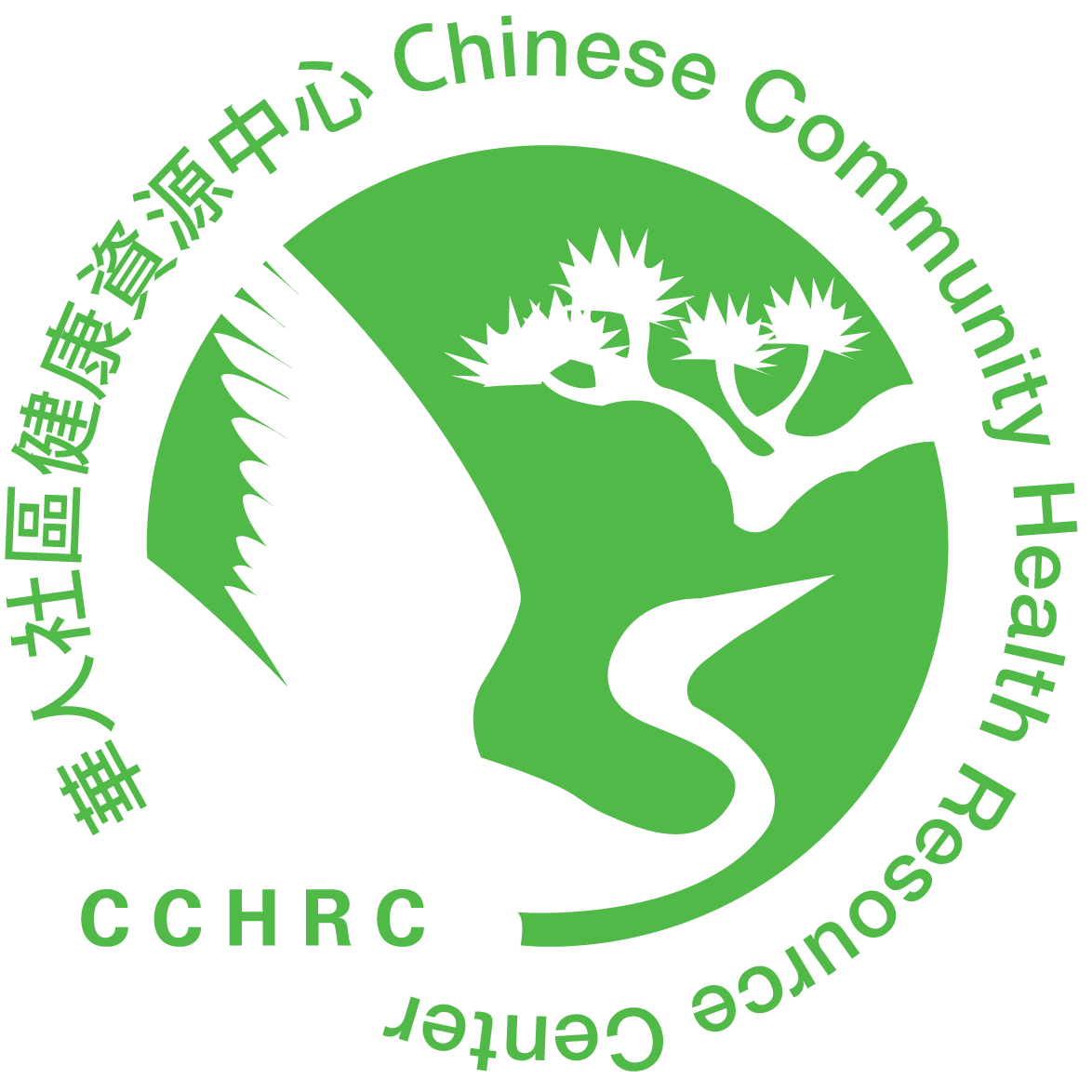Leading health authorities agree that increased intake of fiber can be beneficial to your health. Dietary fiber is a part of the plant, which cannot be digested by your body. It helps keep your bowel function normal and relieves constipation. Fiber may also reduce the incidence of colon cancer, high blood cholesterol, diverticulosis, heart disease, and diabetes.
High fiber foods include whole grain cereals and breads, nuts, dried beans, fruits, and vegetables. It is recommended that you consume 21-38 gm of fiber a day. You can meet this recommendation by eating:
- Five or more servings of fruits and vegetables a day. (1 serving equals 1 medium fruit, or 2 cups raw vegetables, or 1 cup cooked vegetables)
AND
- At least half of your grains as whole grains, preferably with six or more servings of whole grain products a day. (1 Serving equals ½ cup cooked brown rice/bran cereal or 1 slice whole wheat bread)
Always consult with your doctor first before making any major dietary changes. Add fiber gradually into your diet. Consume small amounts at each meal to minimize gas or bloating.
Some common Chinese foods high in fiber are: arrowroot, barley, bamboo shoots, broad beans, mung beans, black-eyed peas, soybeans, ginger root, lotus seeds, black mushrooms, turnips, and bean sprouts.
| Recommended Daily Fiber Intake | (gm) |
| 1-3 yrs. old | 19 |
| 4-8 yrs. old | 25 |
| Male: (9-13 yrs. old) (14-50 yrs. old) (over 50 yrs. old) |
31 |
| Female: (9-18 yrs. old) (19-50 yrs. old) (over 50 yrs. old) |
26 |
| Pregnant women | 28 |
| Breastfeeding women | 29 |
Reference:
https://www.ncbi.nlm.nih.gov/books/NBK56068/table/summarytables.t4/?report=objectonly
Copyright © 1998-2021 Chinese Community Health Resource Center
If you would like a copy of this health article, please click on the PDF button in the language you prefer. To view the PDF document, you’ll need Adobe Acrobat, which you can download here.
Bilingual:



